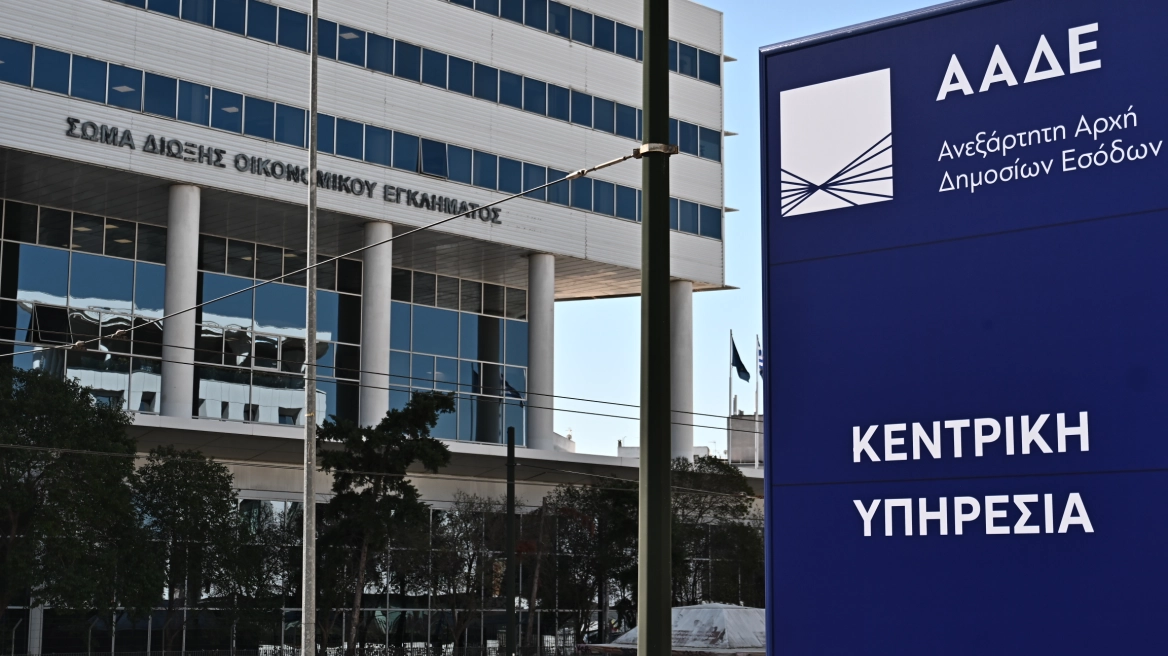PM Kyriakos Mitsotakis discussed the progress of the Greek economy during an event titled “National Strategy for Regional and Local Development: We Discuss, Decide, Move Forward, Together for Argolis,” held in Nafplio.
The Prime Minister emphasized that “what we have achieved in revitalizing the Greek economy is extremely significant,” especially considering that countries like France and the UK, strong economies, are now forced to resort to substantial tax increases to correct fiscal imbalances.
“We have proven that we can combine high growth rates with further tax reductions,” he continued, adding that “twelve taxes will be reduced further in the 2025 budget, and this trend will continue in 2026 and 2027.” He also stated, “We must safeguard this positive trajectory of the economy and ensure that it has, as we mentioned, reflections at the regional and local levels.”
Mitsotakis also referred to the American elections, noting that “regardless of the outcome, the geopolitical maturity of Europe is the big issue today.” He highlighted the deadly floods in Valencia, Spain, stressing that “Europe must be ready with financial tools concerning our adaptation to the climate crisis.”
In his speech, the Prime Minister said:
“I want to emphasize once again the great importance we attach to the concept of dual convergence.
The country is undoubtedly moving in the right direction regarding national economic performance indicators, with growth rates well above the European average, unemployment having fallen to 9.3%—we have created nearly 500,000 jobs over the past five years—with tourism going from record to record, and our exports of Greek products increasing year by year. All these achievements allow us to look to the future with optimism.
Furthermore, if you consider what is happening at this time in other European countries, you will realize that what we have achieved in revitalizing the Greek economy is extremely significant. Look at countries like France or the UK, strong economies that are now forced to resort to substantial tax increases to correct fiscal imbalances.
We have proven that we can combine high growth rates with further tax reductions. Twelve taxes will be reduced further in the 2025 budget, and this trend will continue in 2026 and 2027.
Therefore, we must safeguard this positive trajectory of the economy and ensure that it reflects, as we mentioned, at the regional and local levels.
We have unprecedented financial tools at our disposal: the Recovery Fund, with €36 billion, which I personally negotiated in Brussels in 2020, the new NSRF, the Rural Development Program. But the key issue is how all these tools will work and coordinate together for the benefit of local communities.
And of course, let me conclude with a reference to the major event in the coming days, which is none other than the American elections taking place tomorrow. Regardless of the outcome, the geopolitical maturity of Europe is the big issue today. Here you see how the decisions made in Brussels ultimately have significant importance for what happens in all member states, including our country, on both national and regional levels.
Why do I say this? Look at the recent catastrophic floods, which I think truly shocked us all, in Valencia, Spain, with an unfortunately still undetermined number of dead and enormous destruction.
We know that the climate crisis will intensify in the coming years, and Europe must be ready with financial tools that concern our adaptation to the climate crisis: better use of water resources, flood protection projects that must be carried out, as well as civil protection actions.
I want to remind you that the Greek government is spending €2.1 billion to transform our civil protection infrastructure so that we can effectively address such weather phenomena.
And in our country, the “112” emergency number, which is unfortunately still ridiculed by some in their opposition frenzy, is what saves lives. Because, unfortunately, there are weather phenomena that exceed even the most modern infrastructure. In this case, the first and non-negotiable concern of any organized state is the preservation of human life.
All of this will concern us in Europe, regardless of what happens in the American elections. That is why I emphasize the need for Europe to invest in its strategic autonomy and to have the necessary resources at its disposal so that all member states can implement the policies necessary in a world that is changing, and unfortunately not always for the better.”
Ask me anything
Explore related questions





